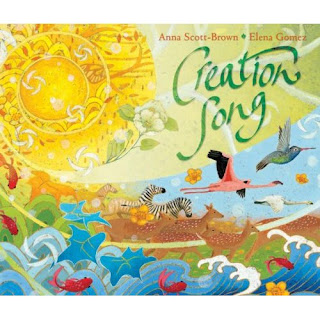Kaikodo

Today I visited Kaikodo , or "The Hall of Embracing Antiquity," which deals in Chinese and Japanese paintings, bronzes and ceramics. Its current exhibition is "Let it Snow." Among the ten paintings I saw, I really liked Li Ta's "Country Villa in Snow," painted with his fingernails. Li Ta (early 18th century) Country Villa in Snow Hanging scroll, ink and color on paper 65 3/8 x 36 1/4 in. (166 x 92 cm.) The vertical cliff edge divides the painting into two, a partition ended by the horizontal roofs of the villa, as if human habitation, small and precarious though it may be in comparison to mountains, can still have the effect of softening the inhospitality of nature. Like other traditional Chinese paintings, the snow in this painting is the color of the unpainted canvas: significant white space. The fingernail scratched ink onto the cliff edge, rendering the cliff sharp in a way perhaps unachievable by brush.





